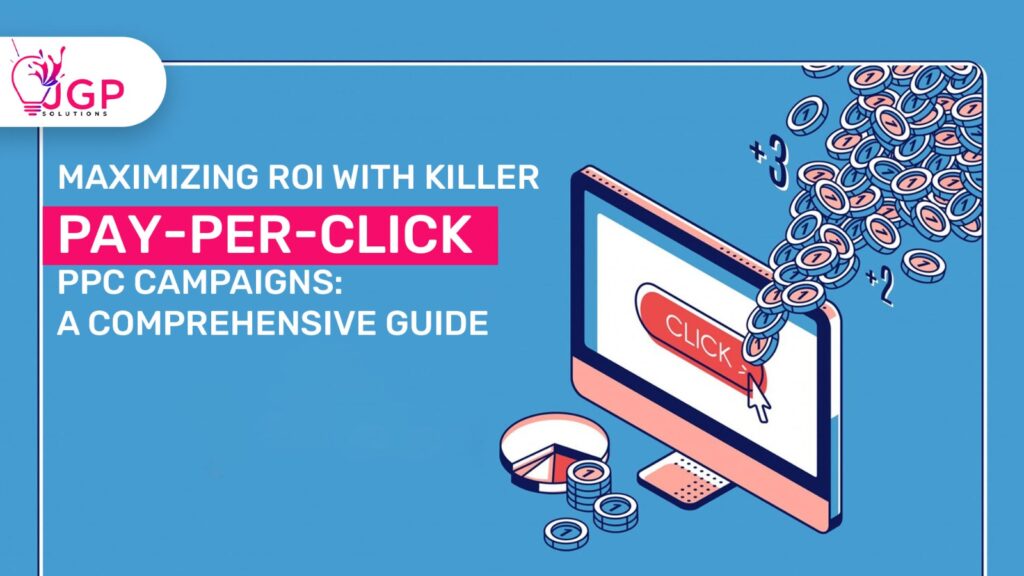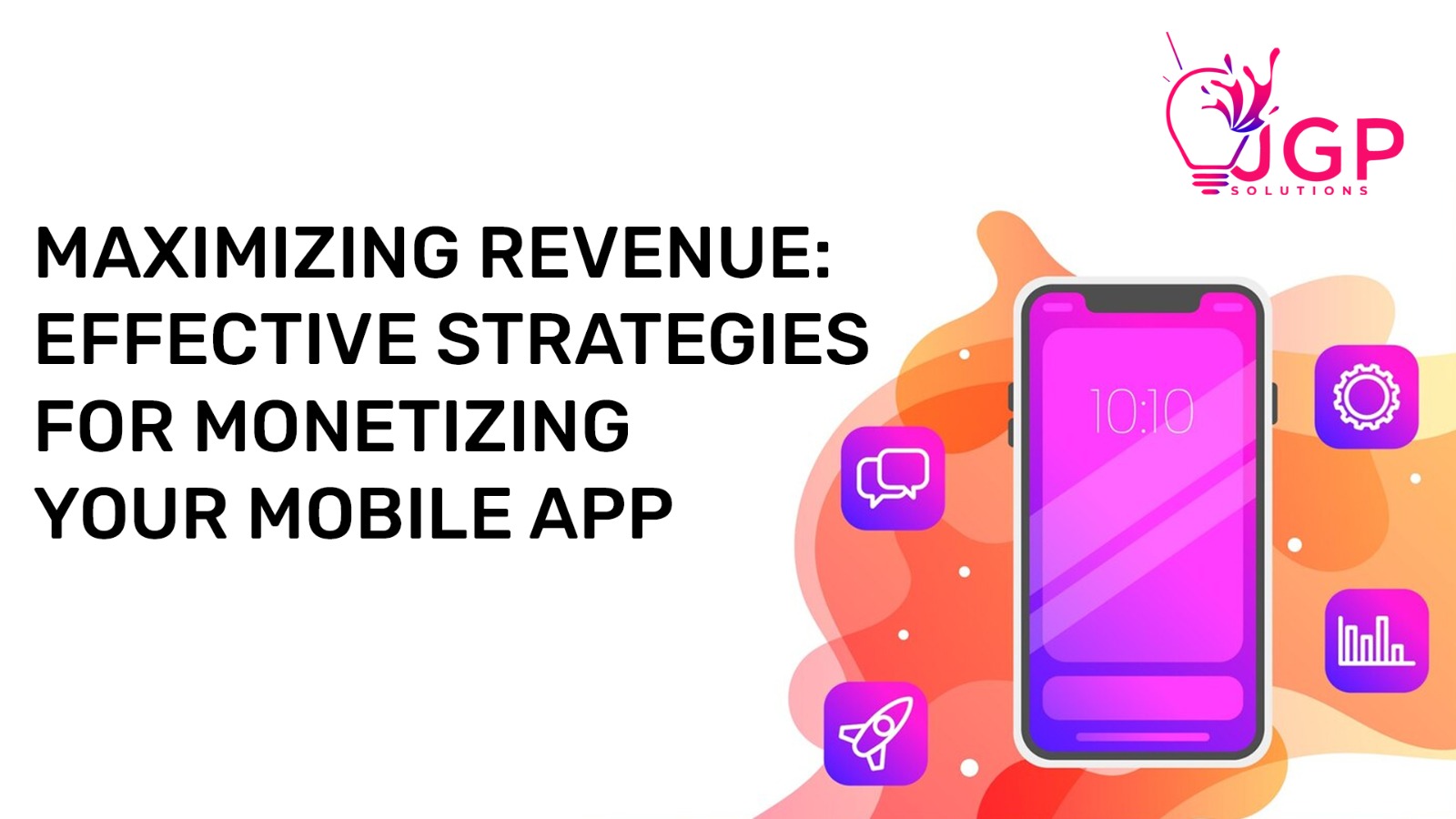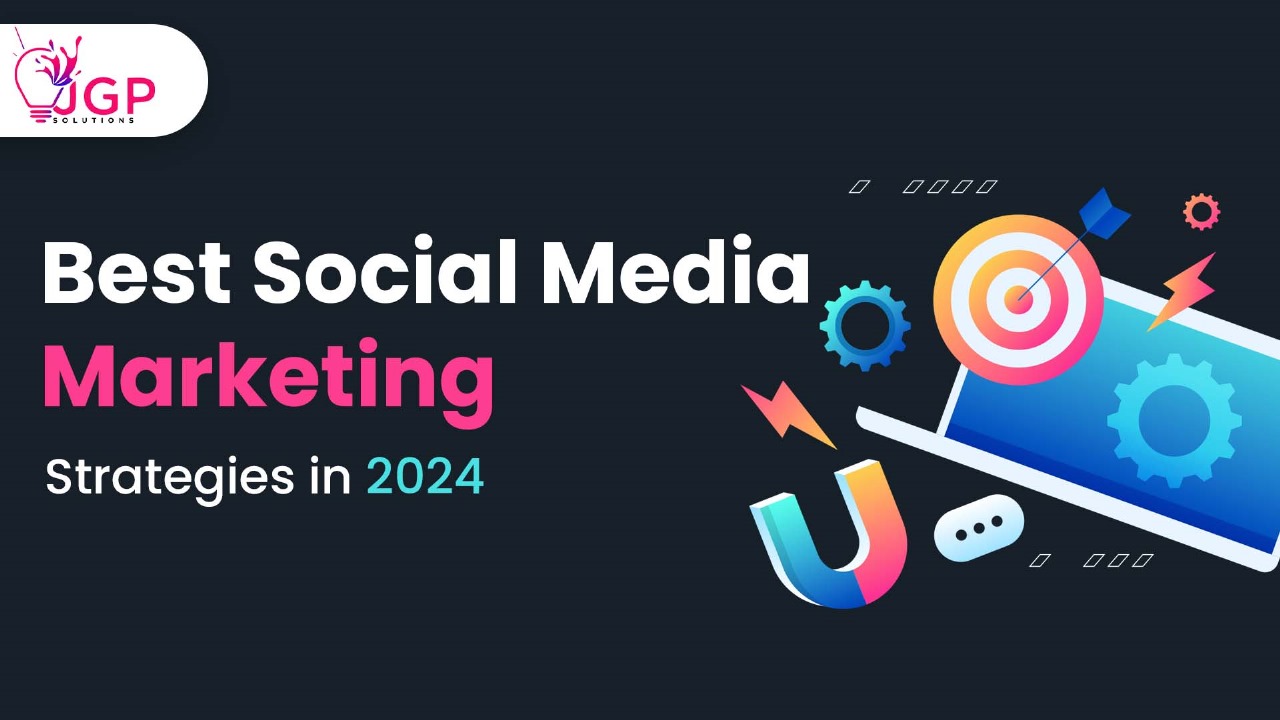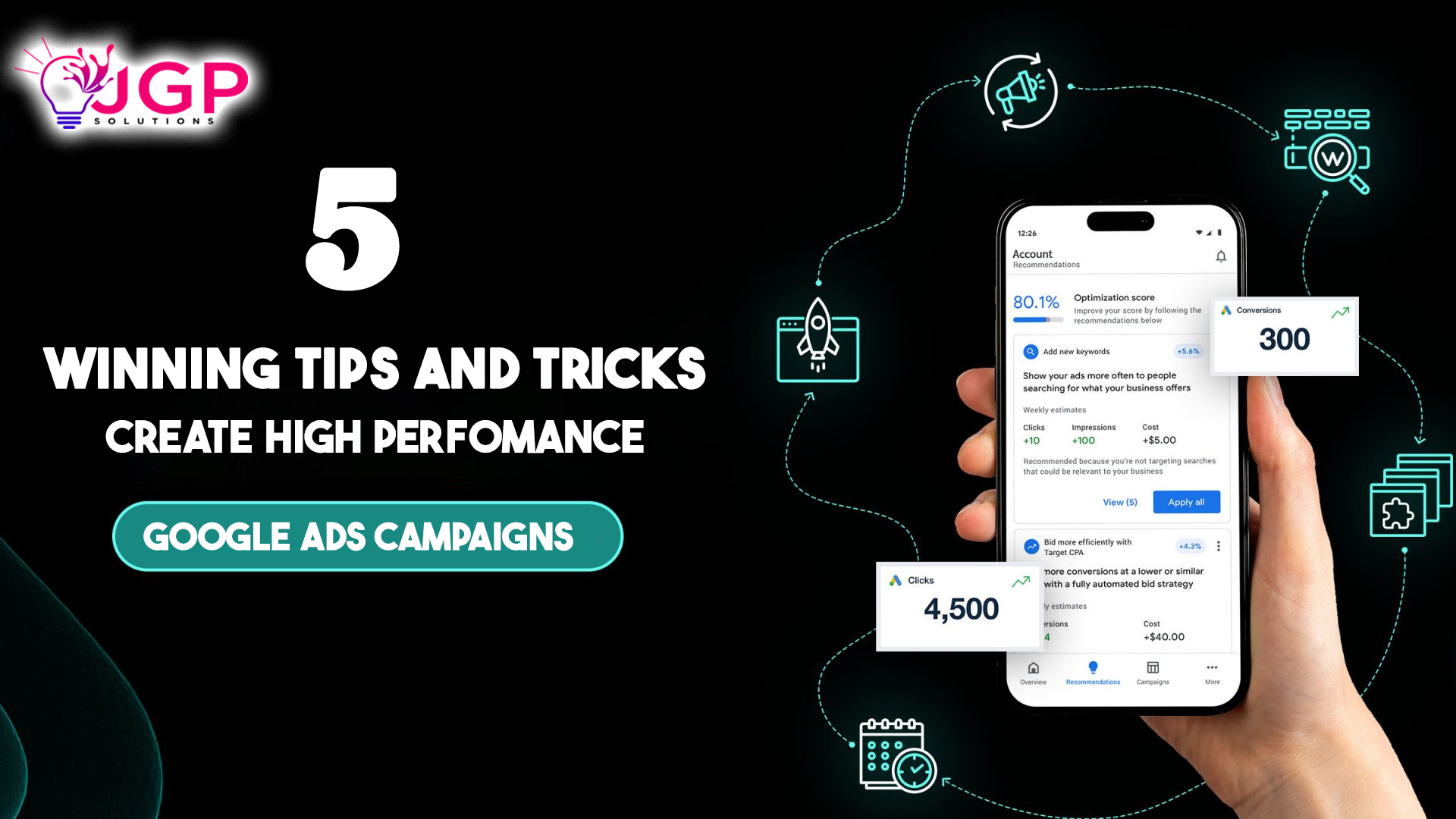Introduction : PPC campaigns
In the ever-evolving landscape of digital marketing, Pay-Per-Click (PPC) advertising stands out as a powerful tool for businesses aiming to drive targeted traffic to their websites. However, the success of a PPC campaign is not solely measured by the amount of money spent. To truly maximize return on investment (ROI), businesses need to craft killer PPC campaigns that are strategic, data-driven, and customer-centric. In this comprehensive guide, we’ll delve into the intricacies of PPC campaigns, providing actionable insights to help you achieve the highest possible ROI.

Understanding the Basics of Pay-Per-Click Advertising
Before we dive into the strategies for maximizing ROI, let’s establish a foundation by understanding the basics of Pay-Per-Click advertising.
What is PPC?
PPC is an online advertising model where advertisers pay a fee each time their ad is clicked. It’s a way of buying visits to your site rather than attempting to earn those visits organically.
Key Components of a PPC Campaign
- Keywords: The foundation of any PPC campaign is the selection of relevant keywords. These are the terms that users enter into search engines when looking for products or services.
- Ad Copy: The text of your ad is crucial. It should be compelling, relevant, and encourage users to take action.
- Landing Page: Once users click on your ad, they should be directed to a dedicated landing page that aligns with the ad’s content and encourages conversions.
- Bid Strategy: PPC platforms, such as Google Ads, use a bidding system to determine the placement of your ads. Your bid, combined with the Quality Score (a measure of the quality and relevance of your ads), determines your ad’s position.
Strategies for Maximizing ROI with PPC Campaigns
1. Thorough Keyword Research
Strategy: Start by conducting comprehensive keyword research to identify relevant and high-performing keywords for your business.
Benefits: Effective keyword research ensures your ads are displayed to users actively searching for your products or services, increasing the likelihood of conversions.
How to Implement: Utilize keyword research tools, analyze competitor keywords, and consider long-tail keywords for more targeted traffic.
2. Compelling Ad Copywriting
Strategy: Craft compelling and relevant ad copy that not only attracts attention but also communicates the unique value proposition of your products or services.
Benefits: Well-crafted ad copy can significantly impact click-through rates (CTRs) and quality scores, leading to improved ad placements and lower costs per click.
How to Implement: Test different ad copies, highlight key benefits, and create a sense of urgency or exclusivity to encourage clicks.
3. Geo-Targeting
Strategy: Leverage geo-targeting to display your ads to users in specific locations. This is particularly valuable for businesses with local or regional target markets.
Benefits: Geo-targeting ensures that your ads are seen by users who are more likely to convert, improving the efficiency of your ad spend.
How to Implement: Use location targeting settings in your PPC platform to specify the geographic locations where you want your ads to appear.
4. Ad Extensions
Strategy: Take advantage of ad extensions to provide additional information and encourage users to engage further with your ad.
Benefits: Ad extensions increase the visibility and relevance of your ads, leading to higher CTRs and a better user experience.
How to Implement: Utilize various ad extensions, such as site link extensions, callout extensions, and structured snippet extensions, to enhance your ads.
5. Landing Page Optimization
Strategy: Ensure that your landing pages are optimized for conversions. The landing page should align with the ad’s messaging and provide a seamless user experience.
Benefits: A well-optimized landing page enhances user satisfaction, reduces bounce rates, and increases the likelihood of conversions.
How to Implement: Conduct A/B testing on different landing page elements, optimize load times, and ensure a clear and compelling call-to-action (CTA).
6. Utilize Ad Scheduling
Strategy: Analyze your campaign data to identify peak times when your target audience is most active, and schedule your ads to appear during those times.
Benefits: Ad scheduling allows you to allocate your budget more effectively, ensuring that your ads are displayed when they are most likely to generate clicks and conversions.
How to Implement: Use the scheduling options provided by your PPC platform to set specific times and days for your ads to run.
7. Monitor and Adjust Bids
Strategy: Regularly monitor the performance of your campaigns and adjust your bids based on the data. This ensures that you are getting the best possible ad placements for your budget.
Benefits: Dynamic bid management allows you to react to changes in competition and user behavior, maximizing the impact of your ad spend.
How to Implement: Use bid adjustment tools and closely analyze performance metrics to make informed bid adjustments.
8. Conversion Tracking
Strategy: Implement conversion tracking to measure the success of your PPC campaigns. This involves tracking actions such as form submissions, purchases, or other desired user interactions.
Benefits: Conversion tracking provides valuable insights into the effectiveness of your campaigns and allows you to optimize for specific goals.
How to Implement: Set up conversion tracking pixels or codes provided by your PPC platform on relevant pages to track user actions.
Advanced Strategies for Enhanced ROI
9. Remarketing Campaigns
Strategy: Implement remarketing campaigns to re-engage users who have previously visited your website but did not convert.
Benefits: Remarketing allows you to stay top-of-mind with potential customers, encouraging them to return and complete a desired action.
How to Implement: Create segmented remarketing lists based on user behavior and design targeted ads to address their specific needs or concerns.
10. Utilize Ad Automation
Strategy: Embrace ad automation tools provided by PPC platforms to streamline and optimize your campaigns.
Benefits: Ad automation can save time, enhance targeting precision, and improve overall campaign performance.
How to Implement: Explore the automation features offered by your PPC platform, such as automated bidding, ad rotation, and budget optimization.
11. Competitive Analysis
Strategy: Regularly analyze the PPC strategies of your competitors to identify opportunities and stay ahead in the competitive landscape.
Benefits: Understanding competitor strategies can help you refine your own approach, uncover new keywords, and discover potential gaps in the market.
How to Implement: Use competitor analysis tools to monitor competitor ad copy, keywords, and bidding strategies.
Conclusion
Crafting killer Pay-Per-Click campaigns requires a strategic approach, continuous optimization, and a keen understanding of your target audience. By implementing the strategies outlined in this comprehensive guide, you can elevate your PPC campaigns to new heights, driving not just clicks, but meaningful conversions that contribute to a high ROI.




